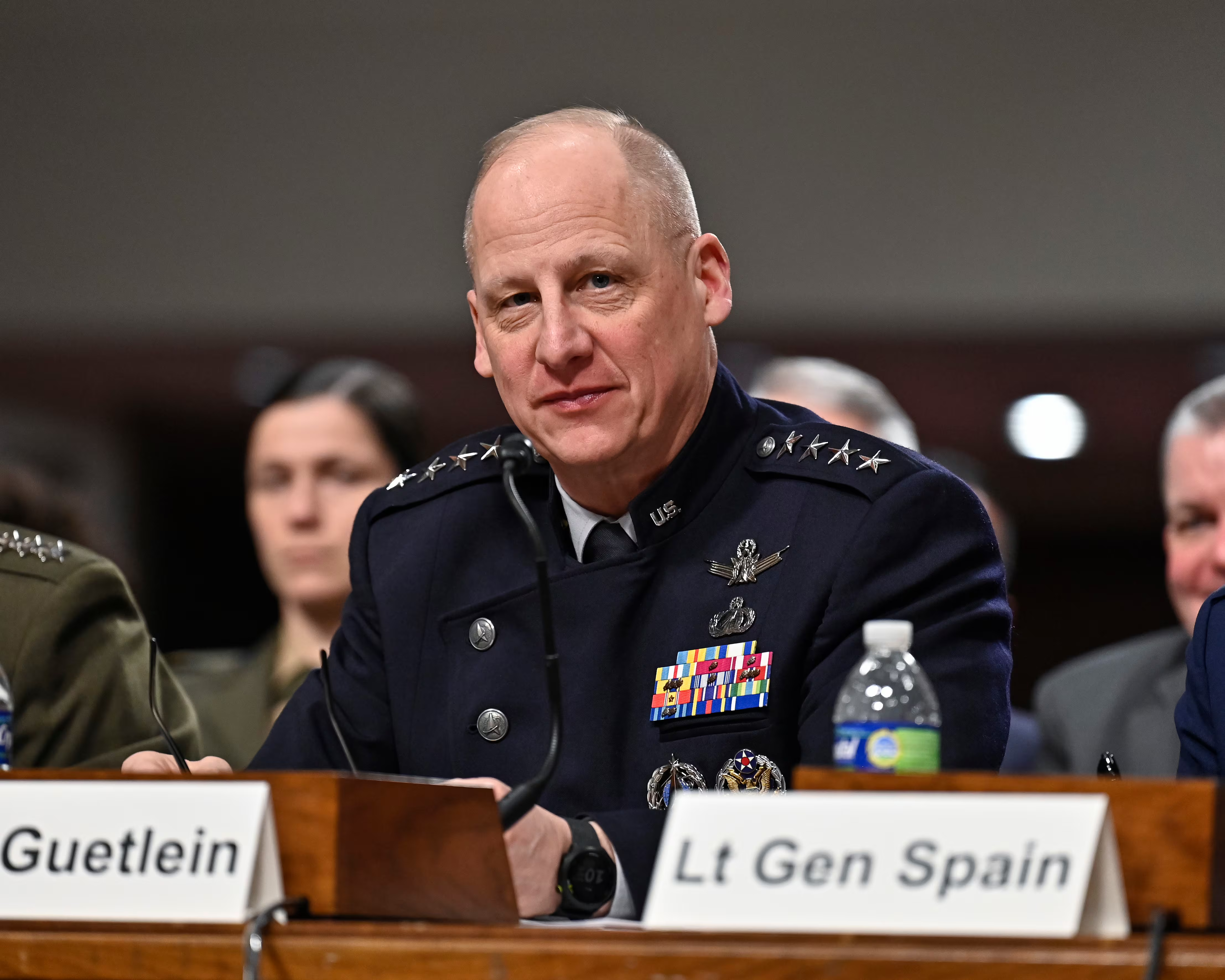WASHINGTON — Many US lawmakers believe the Pentagon needs more annual funding, but a consensus has yet to form on whether Congress should do anything about it.
The White House last week submitted a $534.3 billion base budget request that would breach defense spending caps set by the 2011 Budget Control Act by nearly $25 billion. Lawmakers are expected for the second consecutive year to shift money to block proposed cost-cutting moves, but immediate attention on Capitol Hill went to the caps.
"I hope that we will do the right thing," said Senate Appropriations Committee Chairman Thad Cochran, R-Miss., who also heads the panel's defense subcommittee.
But on Capitol Hill, what constitutes the right course of action depends on who is doing the talking.
Asked if the current defense spending cap is enough for the Pentagon in 2016, the Senate's No. 3 Democrat, Richard Durbin of Illinois told reporters: "It is."
Durbin, the Appropriations Defense subcommittee's ranking member, is skeptical about talk among congressional hawks and defense sector members about raising the defense spending cap amid new threats such as the Islamic State group and renewed ones like Russia.
"I think, with a Republican Congress, it's happy talk," Durbin told Defense News.
Senate Banking Committee Chairman Sen. Richard Shelby, R-Ala., a fiscal conservative who last session was the Appropriations Committee's ranking member, shot back a telling response when asked whether he sees any movement in the GOP caucus to raise spending caps.
"And raise taxes?" Shelby said immediately. "I don't myself. Most presidents' budgets since I've been here, and that's quite a number of years, aren't realistic. And I don't think this one is realistic."
Like last year, Obama's 2016 proposal calls for exceeding both defense and domestic spending limits. To do so, the president is pitching things like new tax revenues that Republicans vehemently oppose.
Some have floated the notion that Obama's overall budget plan gives him new leverage in budget talks with Republicans because his federal budget blueprint includes several GOP ideas. One is increasing defense spending.
"I don't see that the president has got a lot of leverage," Shelby said.
Senate Armed Services Committee Ranking Member Sen. Jack Reed, D-R.I., told Defense News he believes there is "some movement."
When pressed on where a cap-raising push is developing, he pointed to the House and Senate Budget committees.
"I think the first arena is the Budget Committee," Reed said. "They have to deal with this issue at a macro level, and that's where I think you're going to see the first indication if there's traction or no traction. But I think everyone recognizes that you've got to have more budget authority at every [federal] category."
There is scant evidence members of the House and Senate Budget committees have had that moment of recognition just yet — or that they will before the panels finish work on a 2016 budget plan this spring.
In fact, raising defense spending caps received nary a mention from Senate Budget Committee leaders last week during hearing on the White House's 2016 budget request.
Both Chairman Sen. Mike Enzi, R-Wyo., and Ranking Member Sen. Bernie Sanders, I-Vt., delivered lengthy and substantive opening statements on Feb. 3 that amounted to expressions of their budget priorities.
Enzi hit President Barack Obama for proposing "more overspending" in a budget blueprint he said would add to the massive national debt. He charged Obama with proposing to "mortgage the future to pay for the present."
Sanders, a potential 2016 presidential candidate, delivered a boisterous opening statement that provided a window into his likely campaign-trail message: Income inequality should be the main focus of Washington. He railed against the economic success of large corporations and wealthy individuals, saying the middle class needs help to grow its collective wages.
Neither mentioned using the coming budget resolution to increase defense spending levels for 2016.
Over in the House the next day, House Budget Committee Chairman Rep. Tom Price, R-Ga., did mention defense spending — but only to slam the Obama administration for, as he sees it, proposing to spending more on domestic programs over the next decade than on the military.
The House panel's ranking Democrat, Rep. Chris Van Hollen of Maryland, said he hopes Obama's plan to raise defense and domestic caps becomes "the basis for some agreement going forward."
Benjamin Freeman, a defense budget analyst at Washington's Third Way think tank, says "the question is: what will Congress do about the spending caps?"
"If Congress and the president can't reach a deal to lift the caps, then Congress will have some very hard choices to make," Freeman said.
He sees the Air Force's renewed push to retire its aging A-10 attack plane fleet and the Army's continued push to cut costs by realigning its aviation assets as "winnable fights for the Pentagon."
"The A-10 has staunch supporters in Congress, and is unrivaled in close-air support, but it's an old plane with expensive upkeep," he said. "And the Army aviation restructure is simply a no-brainer [because] it saves about $1 billion per year without compromising combat capability."
Mackenzie Eaglen, an American Enterprise Institute analyst and former congressional defense aide, said she is "surprised by all the 'good news' stories about a higher defense budget."
"Sure, both sides want a higher defense topline, but that's where the agreement stops," Eaglen said. "Neither party has any indication or inclination about how this ends up.
"All the politics of the failed 'grand bargain' are still at play and, worse, the resurrection of the defense budget as the hostage to wider negotiations — a la the Budget Control Act — is fully back in the mix," Eaglen added. "We could easily see defense end up in a [continuing resolution] with no agreement on its topline for a quarter or two into fiscal 2016."
Email: jbennett@defensenews.com








